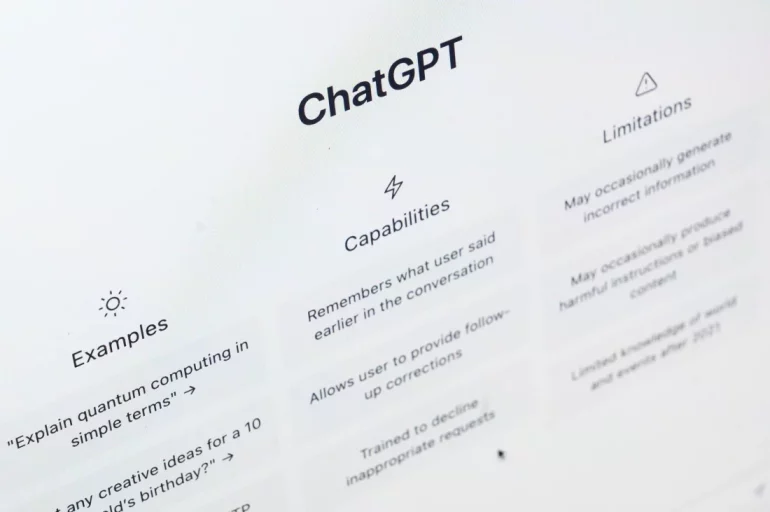- OpenAI uncovered AI-generated content focusing on divisive issues like the U.S. election and the Israel-Gaza conflict.
- The content targeted both progressive and conservative audiences but had limited reach.
- OpenAI dismantled influence operations linked to Russia, China, and Iran.
- AI-generated articles were posted on fake news websites, and ChatGPT rewrote social media comments.
- Accounts mixed political messaging with unrelated content, such as fashion, to appear authentic.
- This follows a Microsoft report on Iranian attempts to meddle in the U.S. election.
- Fake news websites and AI-generated content did not attract significant engagement.
Main AI News:
OpenAI recently uncovered a series of AI-generated articles and social media posts created using ChatGPT. These materials targeted contentious issues like the U.S. presidential election, the Israel-Gaza conflict, and Israel’s Olympic participation. Despite their limited reach, these materials were designed to appeal to both progressive and conservative audiences.
On Thursday, OpenAI announced it had dismantled influence operations tied to Russia, China, and Iran, marking its first such action. The investigation found that AI-generated content was posted on websites posing as legitimate news outlets, and banned accounts used ChatGPT to rewrite social media comments in English and Spanish.
OpenAI noted that these accounts mixed political messages with unrelated content, such as fashion and beauty, to appear more authentic. This follows a Microsoft Threat Analysis Center report detailing how Iranian-linked groups are attempting to interfere in the U.S. election. Groups from Russia, Iran, and China have been preparing to sow discord and misinformation among U.S. voters.
After the Microsoft report, Trump’s campaign alleged Iranian actors had hacked it, though no evidence was provided. Google also reported thwarting an Iranian phishing attempt targeting the Trump and Biden-Harris campaigns.
OpenAI linked the Iranian operation to a covert group known as Storm-2035, which Microsoft researchers identified as responsible for four fake news websites amplifying divisive narratives. The aim was to incite chaos and deepen polarization among voters ahead of the election.
Despite these efforts, Microsoft and OpenAI reported that the AI-generated content and fake websites could have attracted significant engagement or attention online.
Conclusion:
The discovery and dismantling of influence operations using AI-generated content highlight an emerging challenge for digital platforms and the broader media market. As AI tools like ChatGPT become more sophisticated, they offer new avenues for malicious actors to manipulate public discourse subtly. This incident underscores the need for robust content monitoring and verification mechanisms to safeguard the integrity of online information. For businesses, particularly those in social media, cybersecurity, and news, this represents a growing risk that must be addressed through innovation and collaboration to maintain consumer trust and market stability.

